Power Electronics Learning Part||Power Diode Test.
Steemian Friends,
Today, I will write a learning part on Power Electronics. We know about some parts of electronics. There are three subjects: Basic Electronics, Digital Electronics, and Power Electronics. We have used diodes in basic electronics, but diodes also have uses in power electronics. Today, I will briefly explain the application of diodes in power electronics.
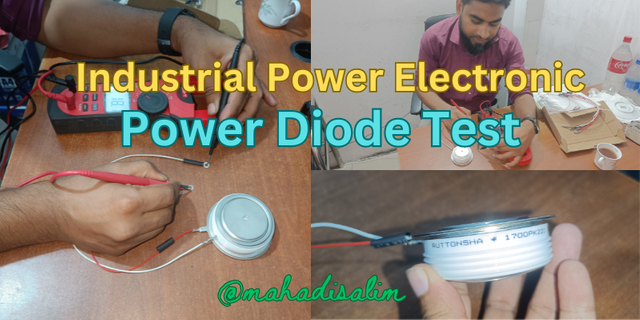
Design By Canva
Power Electronics Diode:
A diode used to convert high voltage into unidirectional voltage is called a power electronics diode. We use simple diodes at low voltage by step-down through a transformer, but power diodes are used for unidirectional high voltage. Power diodes are also used to control high-voltage DC motors in industrial plants.
| Power Diode | 1 pcs | 1700A | 15000 Taka(Local Price) | 785 Steem |
|---|
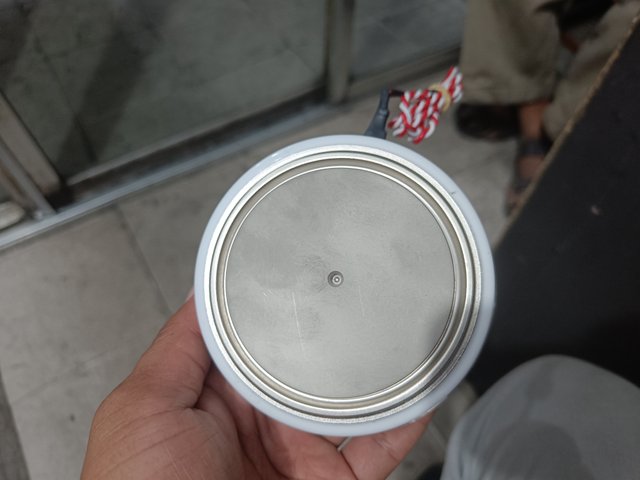
Power Diode
I work in an industrial plant, so I have seen the use of power diodes. Most engineers in our country do not know about their use. A power diode cannot be tested with a good and bad meter, so today, I will test it with a power diode meter.
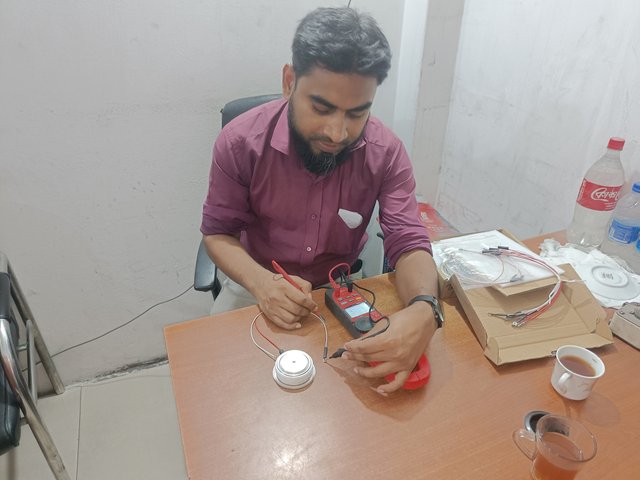
While performing the power diode test
Showing the output of the power diode is complicated because it is mounted on a panel board as a setup. But knowing how to test a power diode is very important. In our factory, after a year or two, we suddenly learned about the power diode when there was a big fault in the machine. A power diode has two terminals. One is the anode, and the other is the cathode. One is connected with red wire and other with white wire. I test with a power diode multimeter. I first set the multimeter's selector switch to the ohms range. Then I hold the two knobs of the multimeter to the red and white ends of the power diode.
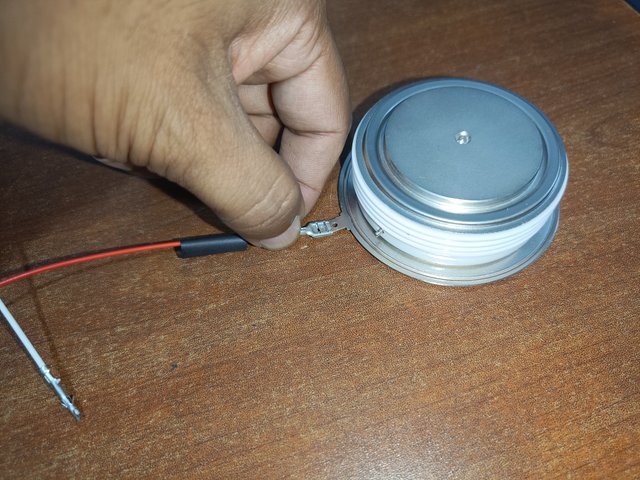
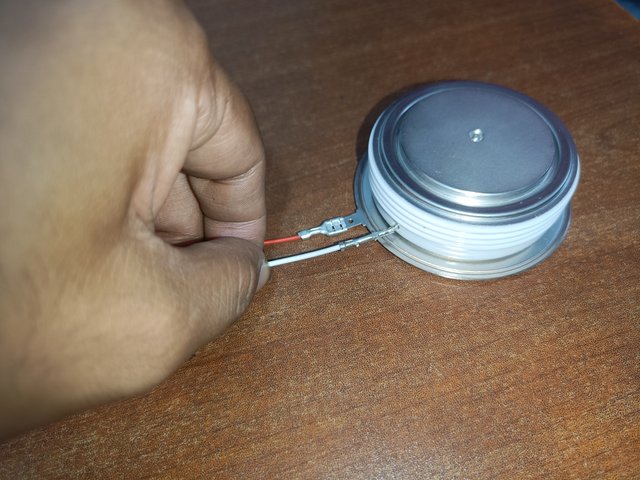
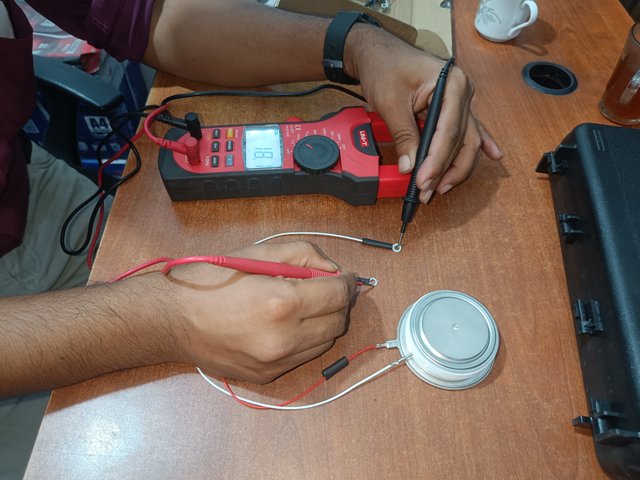
Anode and cathode connections of power diodes
Then, I look at the multimeter's display. It shows 18.1 ohms. Power diodes may have higher ohms depending on their ratings. I can tell by looking at the multimeter's ohms value that the power diode is good. In the above process, a power diode is tested with a multimeter.
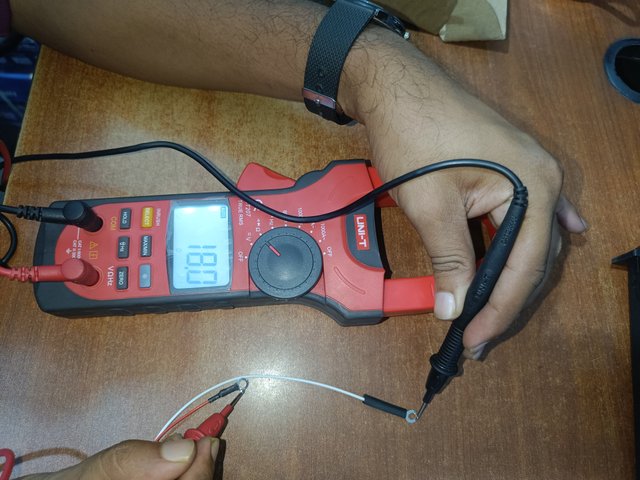
Test report of power diode is good
Then, I test a dead power diode with a multimeter. Set the selector switch of the multimeter to the ohm range. Then hold the knob of the multimeter to the red and white ends of the two power diodes. Now, look at the display of the multimeter. I was now showing only 3.80 ohms. Sometimes, it will show zero ohms. I assumed this power diode was bad based on the power diode's ratings.
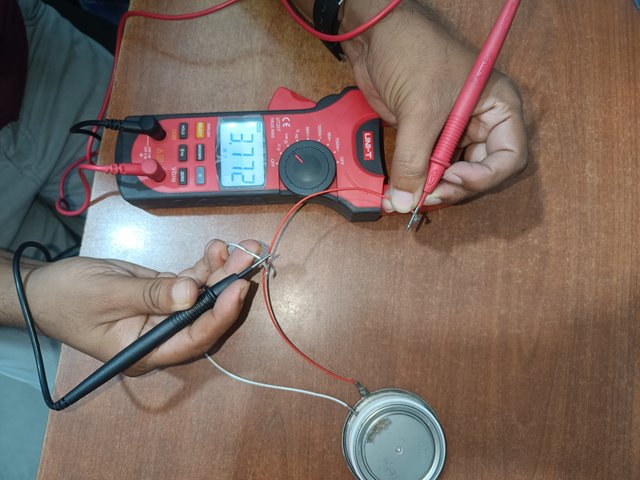
Test report of power diode is bad
Then, I looked at the two surfaces of the power diode and found that one surface was not smooth. Then I realized that the power diode was bad. After setting up the power diode, a white paste was applied to the surface to prevent it from overheating.
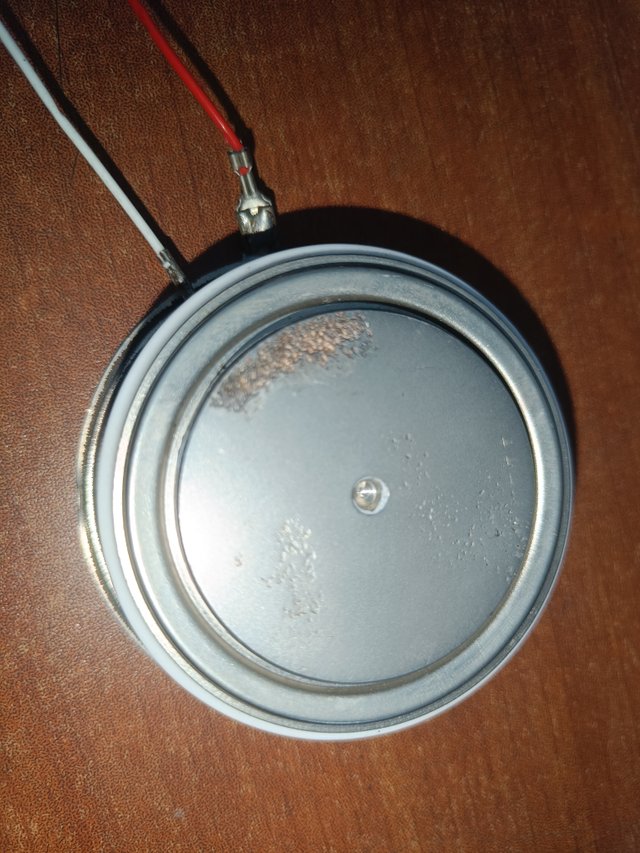
Diode is bad because the surface of the power diode is uneven
Power diodes are used in panels as half-wave, full-wave and bridge rectifiers like ordinary diodes. Typical diodes are much smaller in size and used at lower voltages. Power diodes are large in size and used at high voltages. Our factory uses Power diodes to control 45 kW to 500 kW DC motors. The diode I tested has a 1700 ampere rating from the Ruttonsha company. To know the ratings of a power diode, you have to understand the writing on the power diode.
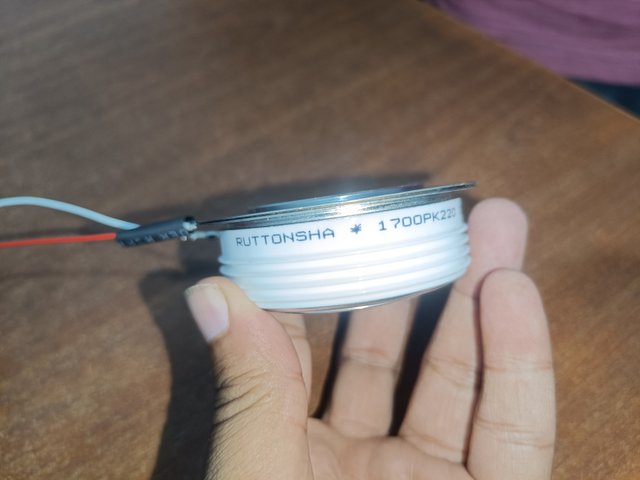
Find the rating by looking at the power diode
I am showing the power diode setup technique during my work. But to learn the technique, you must do it yourself a few times. I learned a few times by opening and fitting power diodes in my factory. But with today's tutorial, you will learn how to test a power diode, both good and bad.
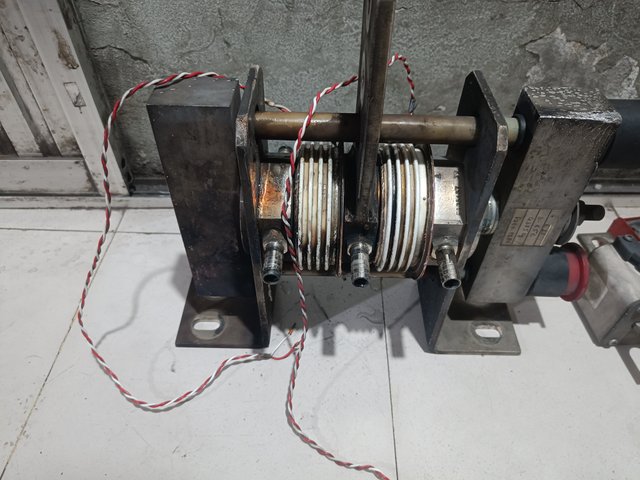
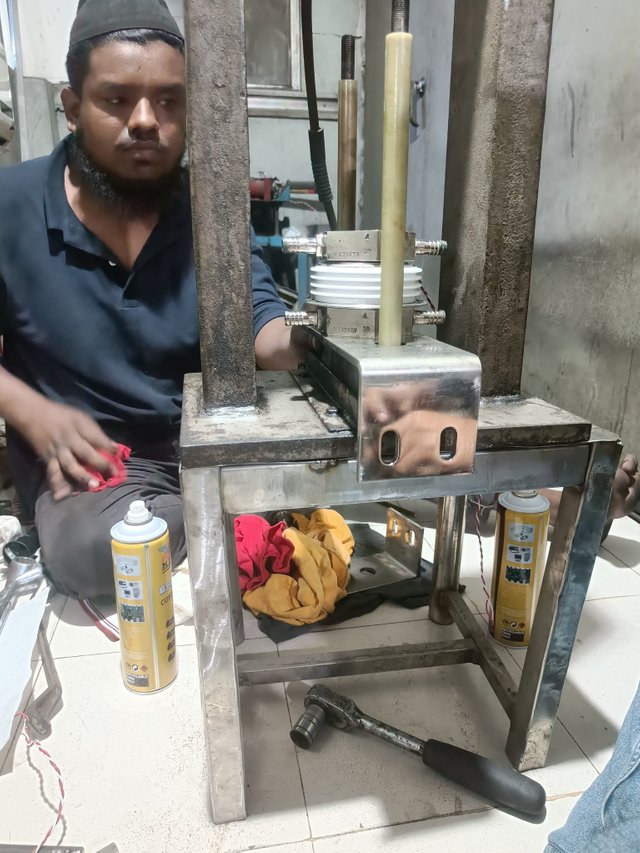
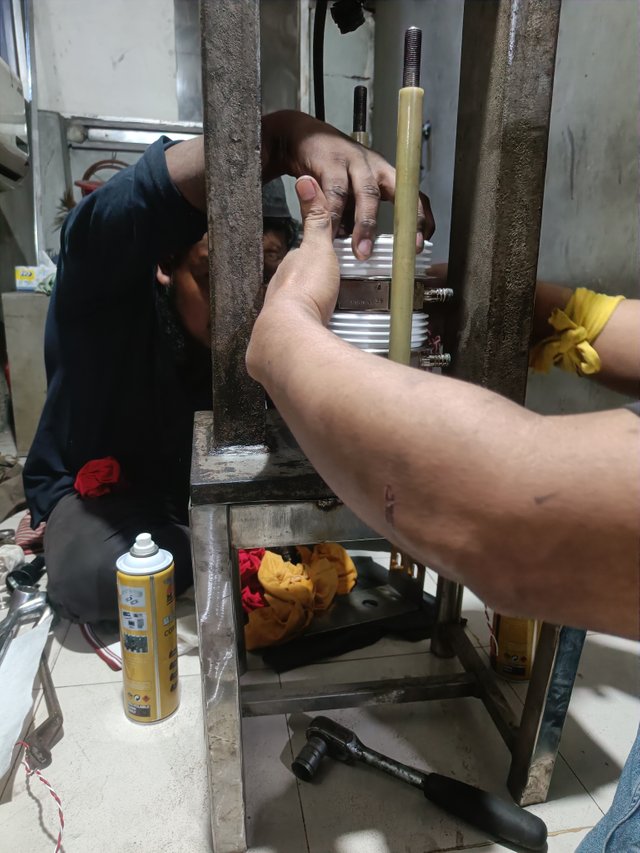



Thank you, friend!


I'm @steem.history, who is steem witness.
Thank you for witnessvoting for me.
please click it!
(Go to https://steemit.com/~witnesses and type fbslo at the bottom of the page)
The weight is reduced because of the lack of Voting Power. If you vote for me as a witness, you can get my little vote.
This is my Twitter share link :
https://twitter.com/mahadih83660186/status/1832809930195431572?t=GVsmYpG8d6nJ6q4r0PeDeg&s=19
Upvoted. Thank You for sending some of your rewards to @null. It will make Steem stronger.
This post has been upvoted/supported by Team 7 via @philhughes. Our team supports content that adds to the community.
Thank You Dear Sir....
Que interesante publicación, sobre todo porque podemos ver que los componentes que estudiamos en las clases, tienen otro tipo de clases cuando se emplean a nivel industrial.
La forma de este diodo de potencia es muy distinta a todas las que hemos visto en los circuitos cotidianos, de hecho! Es la primera vez que veo uno y aquí es donde radica lo interesante de la publicación, porque nos muestras un componente que no veremos fácilmente.
Luego nos muestras como se puede probar, lo haces en la escala de Ohm, y su valor de medida es muy superior a los valores como 0.560 0.700 ohm que acostumbramos a medir.
Gracias por tu aporte para la comunidad.

Thank you so much for reading my post and leaving a nice comment. Power electronics are widely used in the industrial sector. Technology has made our world easier. The development of technology is due to the development of electronics.